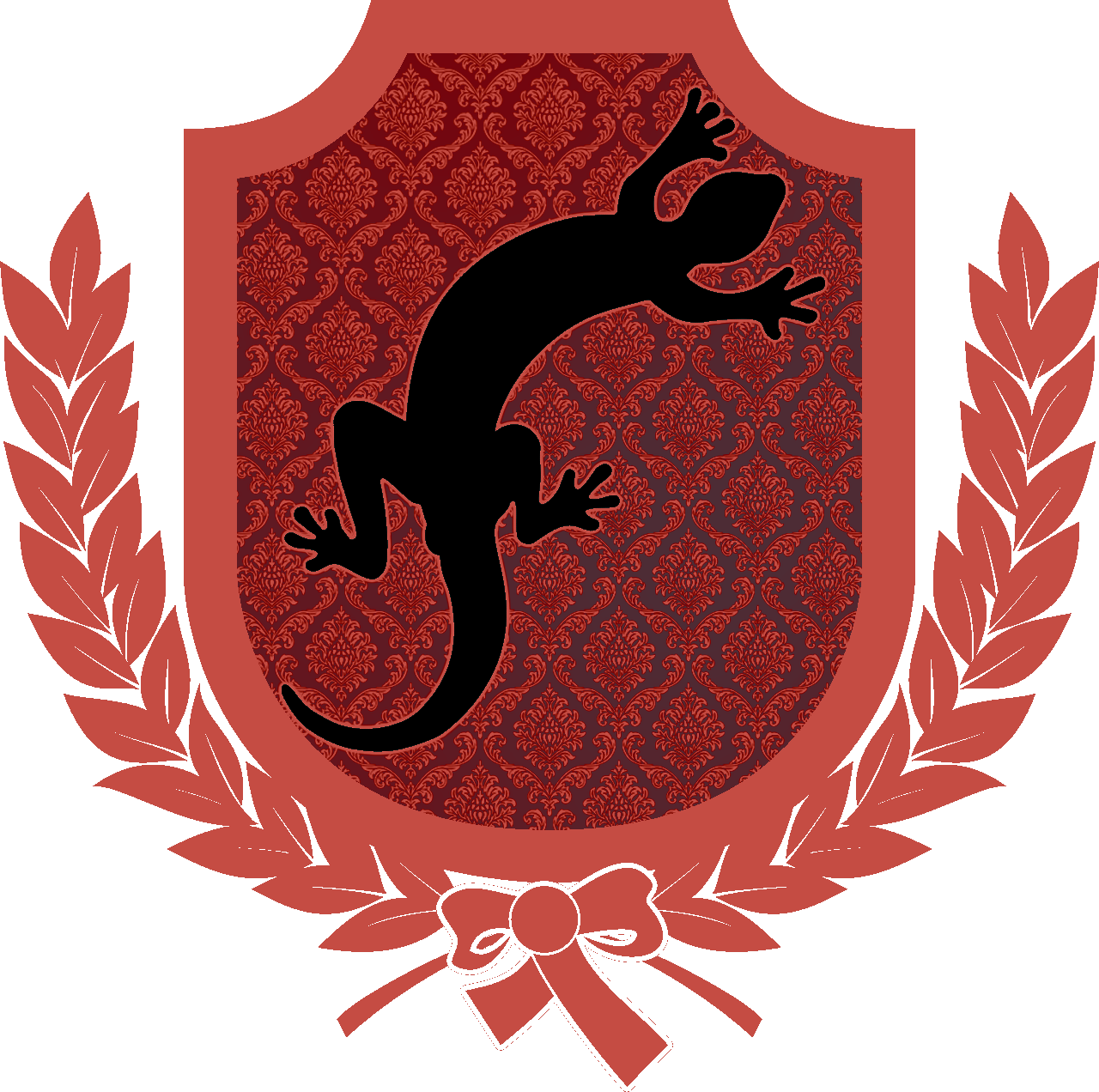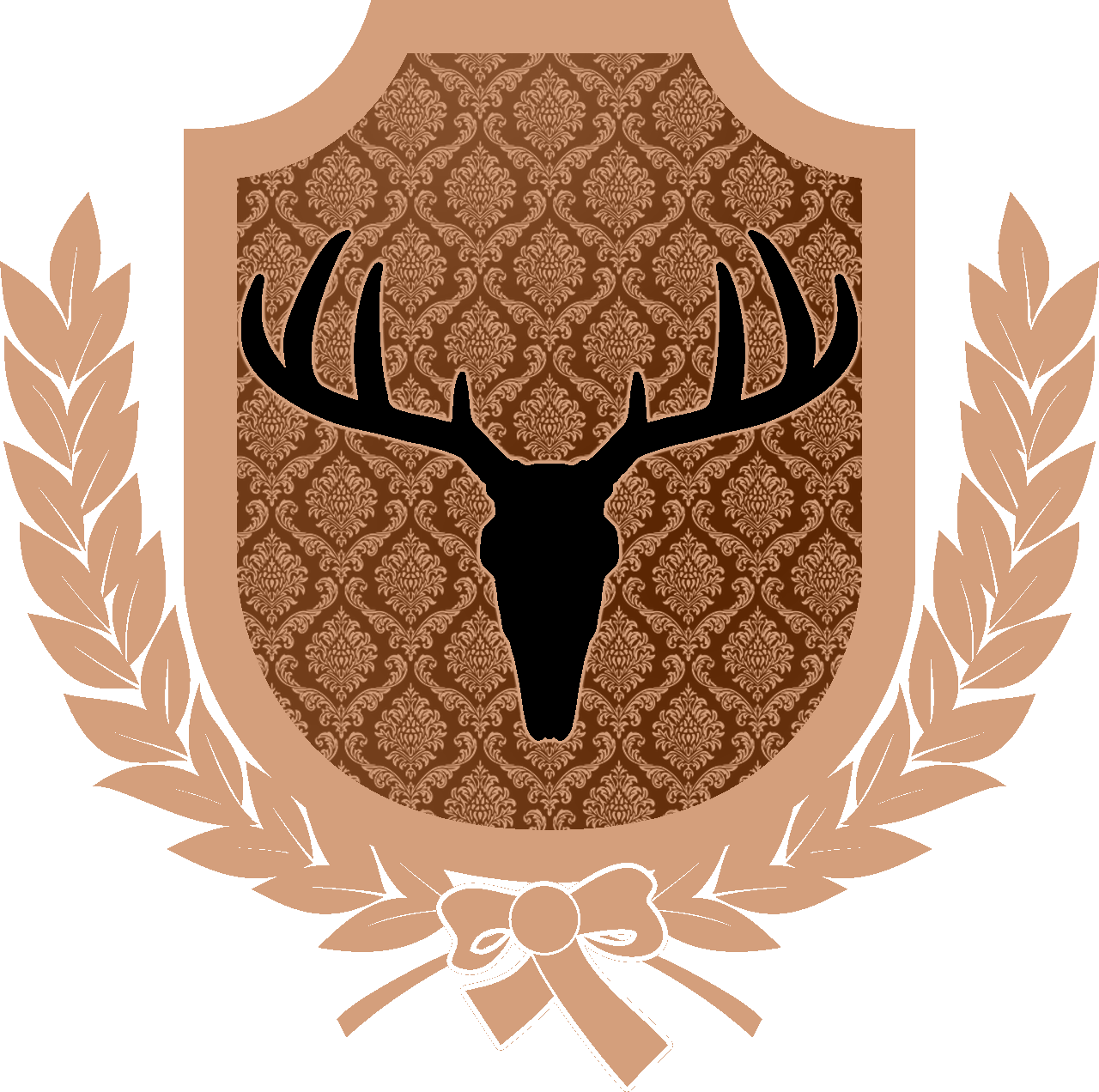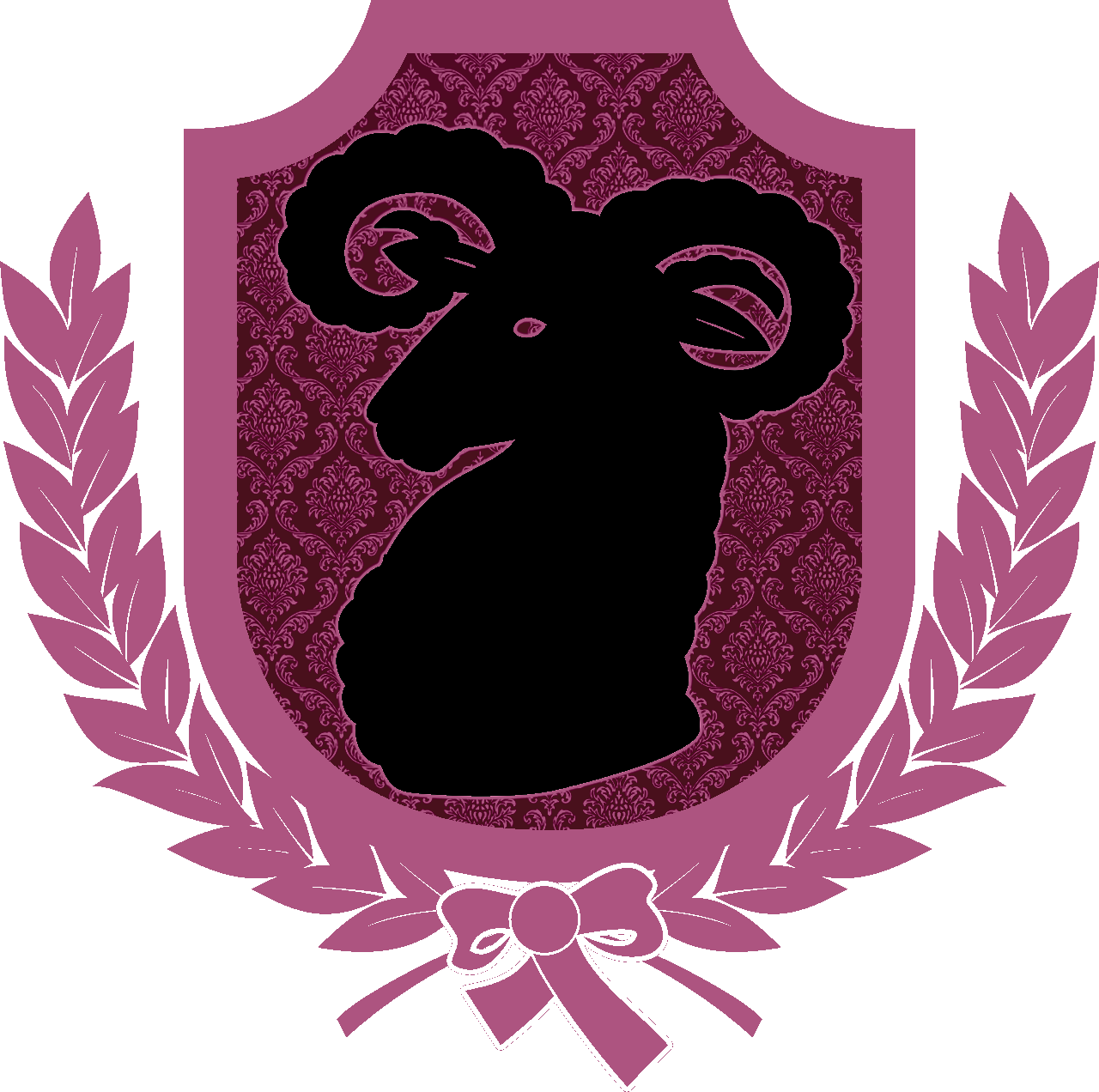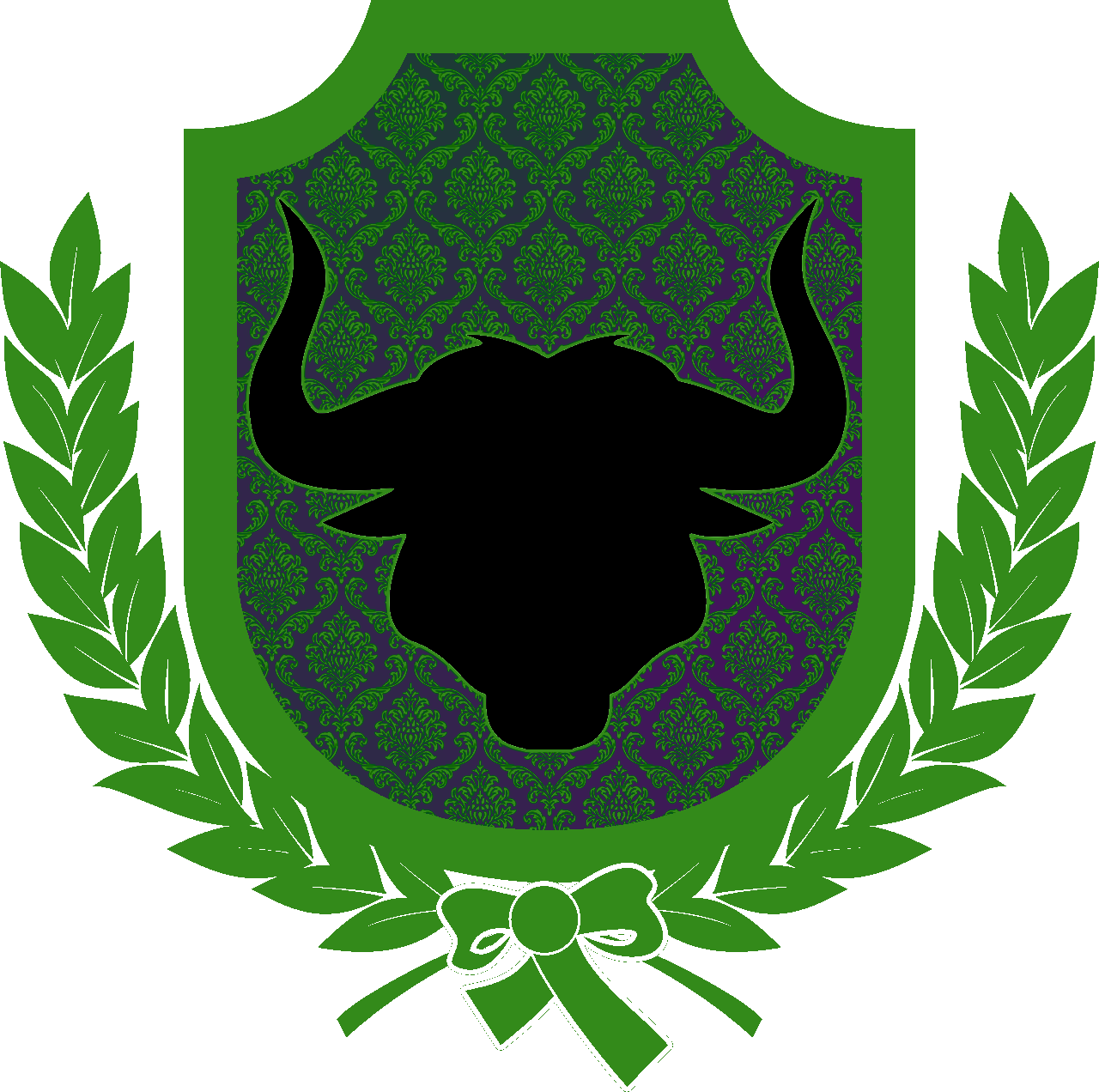After the Siege of Blackwood Fortress, The Celestial Council created a bureau called the Atorium Protection Bureau (APB). The APB had four available seats, and the members were voted in via election. The gods elected to serve were Odix, Noxum, Primilux, and Caritux. Together, the APB created the seer lineage and granted them elemental magic from The Cosmic Tree. This resulted in four sects, channeled through the four gods - and an additional fifth sect, created in the image of the phantom goddess Execateritas. Together, these five elements form The Five Sects of Sorcery: fire (Odix), wood (Noxum), air (Primilux), water (Caritux), and land (Execateritas).
Each god rules over a particular domain, limiting the scope of each element's powers.
- 💙 Odix, as the god of enmity, allows his magic to inflict pain through fire.
- 💙 Noxum, as the god of darkness, allows his magic to influence the animals of the forest through arrows.
- 💙 Primilux, as the goddess of light, allows her magic to influence the emotions of others through air.
- 💙 Caritux, as the goddess of altruism, allows her magic to heal through water.
- 💙 Execateritas, as the goddess whose heart created Atorium, grants magic that can manipulate the land.
Before magic can be used, it must be charged, cast, then released with an incantation. Charged, uncast magic is called mana. To build mana, a sorcerer must first appease their patron or matron deity. To cast mana, the sorcerer must use the element that their patron or matron deity channels their magic through. Finally, to release the magic, the sorcerer must incant their spell while appeasing their god.
All magic has a hidden cost; when fully accumulated, this cost is called retribution. The state just before retribution is called corruption. In addition to the exchange that each god asks, every spell requires the sorcerer to part with a piece of their soul. If a sorcerer should cast too many spells within their lifetime, their bodies will turn to dust. Without a soul, they can't continue to exist within the material plane, Faxius will have nothing to ferry to the afterlife, and they won't have a soul to reincarnate with.
In addition to the five sects of sorcery, there is a sixth undefined magic. During the Battle for Salvus, General Chaux, like the warrior gods, transcended their physical form and turned themself into concentrated magic. Unbeknownst to the demigods who inhabited The Cosmic Tree, General Chaux's magic had become just as integral to The Cosmic Tree's functions as the warrior gods. Their magic has remained largely undetected, and can only be observed in the cosmic vivarium.
❤
Fire

Fire magic is channeled through Odix, god of enmity. The descendants of Odix are called the Lava Folk. The Lava Folk live in the country of Lavus, a chain of volcanic islands in the Rubarnis Ocean.
- 💙 Element: Fire
- 💙 Domain: Pain
- 💙 Charge: Sacrifice
- 🔹The highest form of appeasement is human sacrifice, followed by animal sacrifice, then self-flagellation
- 💙 Cast: Fire
- 🔹Lava Folk will often carry at least one bottle of paraffin, which they use to breathe fire
- 💙 Release: Self-inflicted pain
- 💙 Cost: Corporal punishment
- 🔹While the corporal punishment starts out light (e.g. tingling or dull pain in extremities), the physical ailments will become worse over time. Most Lava Folk will never trade away their whole soul, as they will begin to lose mobility long before they reach the corrupted state
🤎
Wood

Wood magic is channeled through Noxum, god of darkness/despair. The descendants of Noxum are called the Forest Folk. The Forest Folk live in the northern country of Aebris, a cold and often snowy woodland.
Just before puberty, every Forest Folk child participates in a rite of passage. At the end, the village elders assign a familiar (always in the form of an animal) to the child. This familiar plays an important role in the Forest Folk's life, particularly in relation to their powers as a sorcerer.
- 💙 Element: Wood
- 💙 Domain: Woodland animals
- 💙 Charge: Consumption
- 🔹To gain mana, Forest Folk must consume the heart of their familiar, whether it's raw, part of a meal, or made into a potion.
- 💙 Cast: Wood carvings
- 💙 Release: Shooting arrows into their target
- 💙 Cost: Therianthropy
- 🔹Just before puberty, every Forest Folk child participates in a rite of passage. At the end, the village elders assign a familiar (always in the form of an animal) to the child. Every month, during the phase of the moon that the Forest Folk was born under, they will involuntarily transform into their familiar. Depending on the amount of spells cast by the Forest Folk, they may have complete control or little control over themselves in this state. Additionally, transformations can last between a few hours to nearly a year. Transformations never last more than a year, as a full year marks the point where the sorcerer has lost their soul to retribution.
💗
Air

Air magic is channeled through Primilux, goddess of light/hope. The descendants of Primilux are called the Summit Folk. They live in the snowy mountains of the northern country Albex.
- 💙 Element: Air
- 💙 Domain: Emotions
- 💙 Charge: Purification rituals
- 💙 Cast: Aroma
- 🔹Air spells have low accuracy because of the casting method. However, Primillik sorcerers can increase the accuracy of their spells with anything that creates wind, such as fans or arrows.
- 🔹Additionally, the Summit Folk often carry squirt guns, which were modeled after the weapons that circulate in ferine societies. Rather than shooting water, however, the squirt guns are usually filled with perfumes, oils, and/or concentrates.
- 💙 Release: Song
- 💙 Cost: Empathy
- 🔹Compared to the other sects, Primillik magic has the lowest cost. But because the cost is so low (and difficult to measure), this makes it the most dangerous. It isn't uncommon for Summit Folk to reach the corrupted state in their lifetime - some reaching it even in their teens.
💙
Water

Water magic is channeled through Caritux, goddess of altruism. The descendants of Caritux are called the River Folk. The River Folk live in the swampy riverlands of the country Flerra.
- 💙 Element: Water
- 💙 Domain: Healing
- 💙 Charge: Self-sacrifice
- 🔹Although self-sacrifice can be performed in private, most Caritan societies will make a weekly religious practice of it. Often theatric, the "actors" will take turns, and it's expected that everyone over 16 participate.
- 💙 Cast: Water
- 🔹Like the Summit Folk, the River Folk often carry squirt guns to increase the accuracy of their spells.
- 💙 Release: Incantation
- 💙 Cost: Health
💚
Land

Land magic is channeled through Execateritas, the late sister of Primilux. Atorium was made with the heart Execateritas left behind when she was killed during the dracaena uprising. The descendants of Execateritas are called the Grange Folk. The Grange Folk do not have a dedicated homeland, as their goddess is the land itself. They are the only sect that can freely move between countries.
- 💙 Element: Land
- 💙 Domain: Agriculture
- 💙 Charge: Sunlight
- 💙 Cast: Moonlight
- 💙 Release: Drawing sigils in the land
- 💙 Cost: Environmental damage
- 🔹With each spell cast, the sorcerer sacrifices short-term gains for long-term losses. The Grange Folk are adverse to using magic, however, and will often rely on their skills as farmers long before relying on their abilities as sorcerers. In times of need, the Grange Folk will take turns casting magic; this keeps the gains high and the costs low. Middle-aged Grange Folk are skipped every other cycle, and elderly Grange Folk are actively discouraged from participating altogether.
- 🔹Although Grange Folk experience a cost when overusing their magic, they are the only sect that doesn't trade their soul in exchange for magic. This is because their matron deity is not a living goddess; her magic is woven into the fabric of Atorium itself, making her (and Chaux) the only gods who don't need to be channeled.
🖤
Chaos
Unlike the other sects of magic, chaos magic isn't channeled through a demigod; rather, it's an element that's woven into the fabric of Atorium itself. Chaos magic doesn't follow the "rules" of the other sects; often, it's unpredictable and cannot be controlled in any meaningul way. The species born from Chaux's magic are called Chauxnites.



